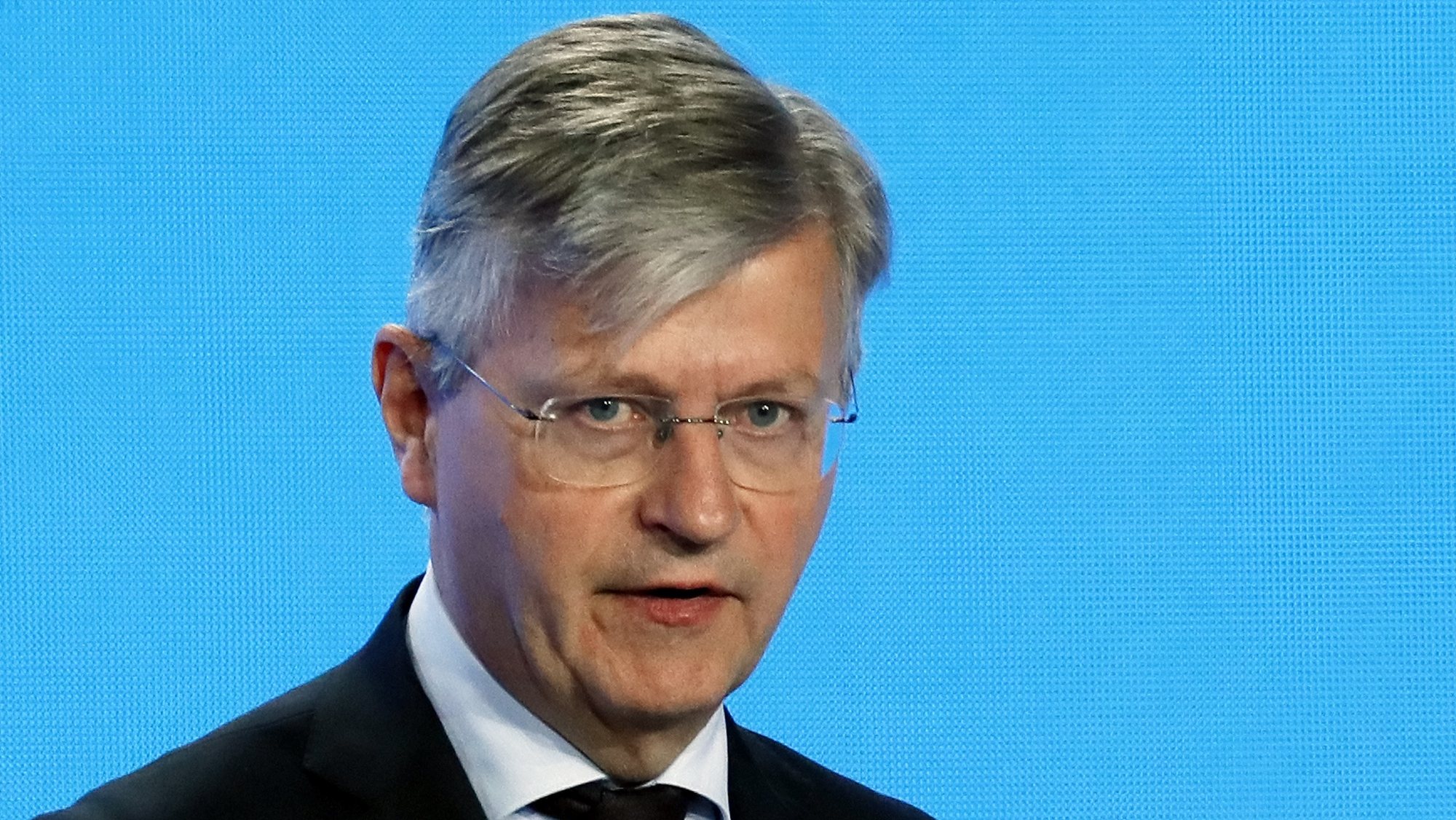The United Nations Deputy Secretary-General stated that the divisions hinder the work of peacekeeping forces, mainly due to the stalemates that frequently occur in the Security Council.
The head of United Nations peacekeeping operations (known as “blue helmets”), Jean-Pierre Lacroix, criticized on Thursday the divisions between the great powers in the UN Security Council, saying that these divisions weaken these forces. .
Jean-Pierre Lacroix, Deputy Secretary General of the United Nations since 2017, boasted, however, of the long list of countries, especially in Africa, that have benefited from the “millions of men and women serving under the banner of the United Nations” since 1948.
The United Nations peacekeepers celebrate their 75th birthday this Monday, the date on which the International Day of the Blue Helmets is celebrated annually.
Guterres pays tribute to the 103 “blue helmets” killed in 2022
However, this year, due to the extended holiday in the United States (to celebrate ‘Memorial Day’), the UN marked this Thursday this 75th anniversary in memory of “more than 4,200 (blue helmets) killed for the cause of peace” since 1948, in the words of the Secretary General of the United Nations, António Guterres.
In a speech cited by international organizations, Lacroix lamented that, 75 years after the creation of the “blue helmets”, the member states of the UN are divided, saying that these divisions hinder the work of peacekeeping forcesthat is to say, due to the deadlocks that frequently occur in the Security Council, the supreme body of the United Nations for his ability to pass resolutions binding.
The representative stated that the UN now has “more difficulty in achieving the ultimate objectives of peacekeeping: secondment, support for the implementation of the peace agreements”.
More than 87,000 people from 125 countries are currently deployed in 12 peacekeeping operations around the world: Lebanon, Mali, the Democratic Republic of the Congo, Cyprus, India and Pakistan, among others.
Lacroix recalled that “the international community was much more united” in its origins, pointing out that in different war scenarios the role of the “blue helmets” became more vulnerable, due to divisions within the United Nations.
An example of these difficulties, according to Jean-Pierre Lacroix, can be found in Mali, where French soldiers had to leave the territory, when Russia (which is one of the five permanent members of the UN Security Council and has the power to veto) summoned mercenaries from the Wagner Group to attack them.
Germany, the largest contributor to that operation in that African country, with 1,000 peacekeepers, confirmed in early May the withdrawal of its troops within a year.
Source: Observadora
